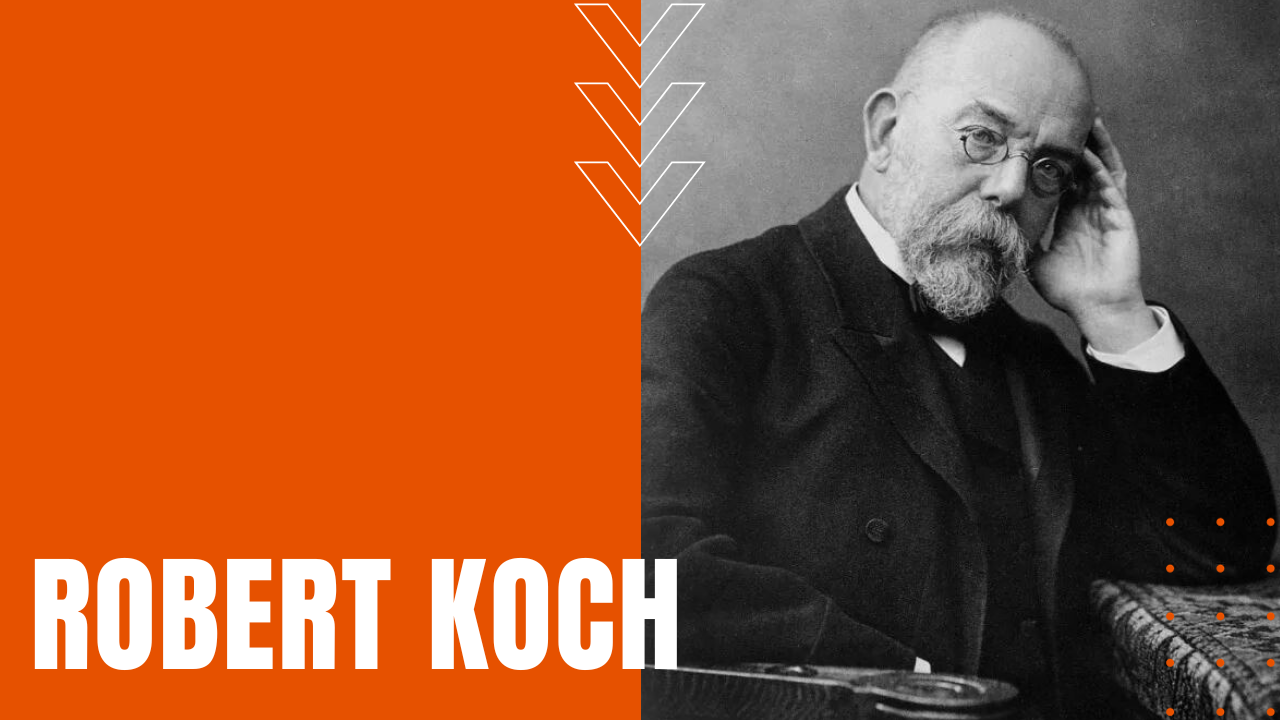Robert Koch

Born in 1843 Clausthal Germany, Robert Koch learned to read by the age of five, before earning his medical degree from the University of Göttingen in 1866. When the Franco-Prussian War broke out, Koch served as District Medical Officer for Wollstein, where he carried out his groundbreaking work on anthrax, which was then pandemic among farm animals in region.
Working in Isolation
Despite the demands of his practice and bereft of any scientific equipment, libraries or scientific colleagues, Koch set out to confirm the work of Pollender, Rayer and Davaine, proving scientifically that the anthrax bacillus was the cause of the disease, at the same time identifying the anaerobic nature of many bacilli, which allowed them to survive adverse conditions such as lack of oxygen, only to reanimate when conditions improved. When his findings were published in a botanical journal, Koch became instantly famous in the eyes of Germany and the world.
New Methods
Moving to Berlin in 1880 as a member of the Imperial Health Bureau, Koch developed new methods of isolating pathogens by placing a wide variety of augers in a flat dish designed by his colleague, Julius Petri, as well as developing new methods for staining bacteria. He also specified conditions—now known as Koch’s postulates—which had to be satisfied before a scientist could identify a given pathogen as the cause of a given disease.
Breakthrough in Tuberculosis
Once he had perfected his methods for isolating pathogens, in 1882, Koch’s fame rose even higher when he published his findings that Mycobacterium tuberculosis was the cause of the disease, while a year later on a trip to Egypt, Koch isolated cholera vibrio as the cause of yet another dreaded killer of man. Soon after his cholera breakthrough, Koch formulated rules for the control of epidemic cholera, which would earn him a prize of 100,000 German Marks, which at the time was an enormous amount of money.
Damaged Reputation
Landing evermore prestigious positions in German healthcare, Koch announced his discovery of Tuberculin, which he touted as a cure for tuberculosis, although some years later, his cure would prove to be a reputation-busting fraud. Traveling the world studying rinderpest, malaria, typhus, cattle fever and more, despite the damage to his reputation caused by Tuberculin, Koch received a myriad of honorary doctorates and awards, including the Nobel Prize for Physiology & Medicine in 1905. He passed away from a heart attack in Baden-Baden on April 9th, 1910, making the contributions of Robert Koch, some of the most important achievements in the early years of modern microbiology.
